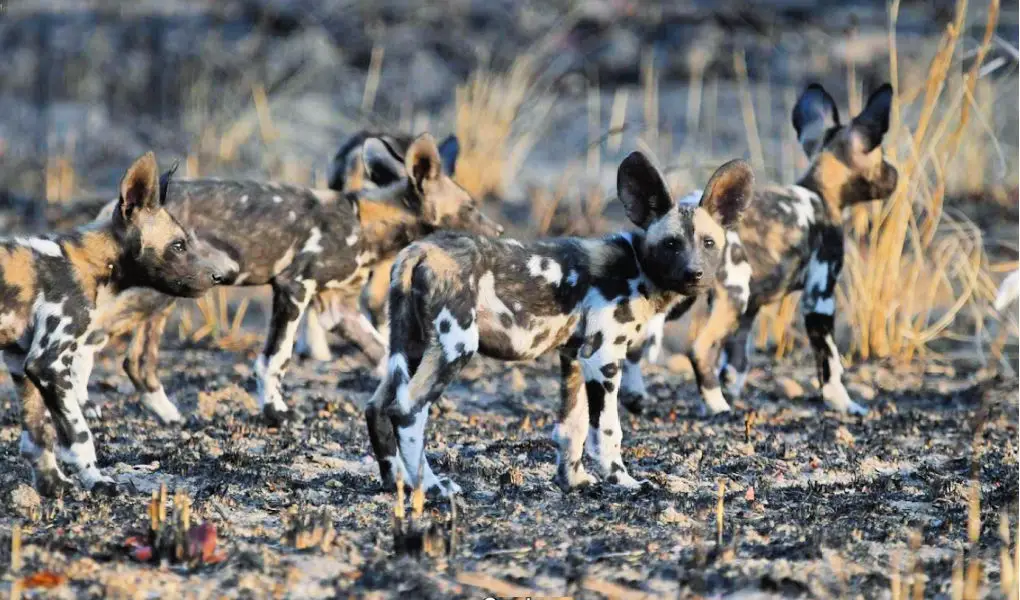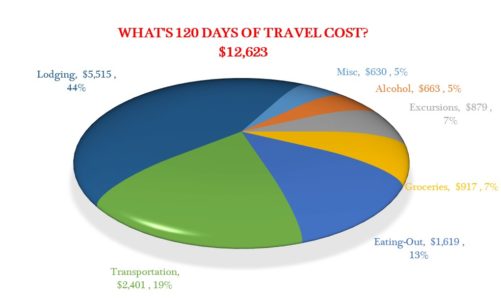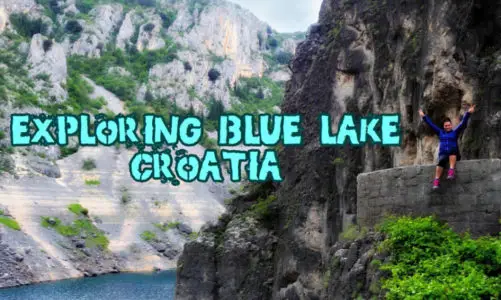Big Five? Been there, Instagrammed that.
If you’re itching to chase Africa’s quirkier critters, think elusive African wild dogs, armor-plated pangolins, or flamboyant migratory birds, without your credit card roaring louder than a lion, you’re in the right place. Going on an affordable and unique safari is so hot right now, and these seven offbeat African parks deliver unique thrills without the wallet trauma.
From Zambia’s wild Kafue to Tanzania’s rugged Ruaha and Uganda’s birding paradises, skip the Serengeti crowds and hunt the continent’s oddballs. Whether you’re a binocular-toting birder, a conservation geek, or just vibing with the weird, these spots scream adventure, not expense account anxiety.
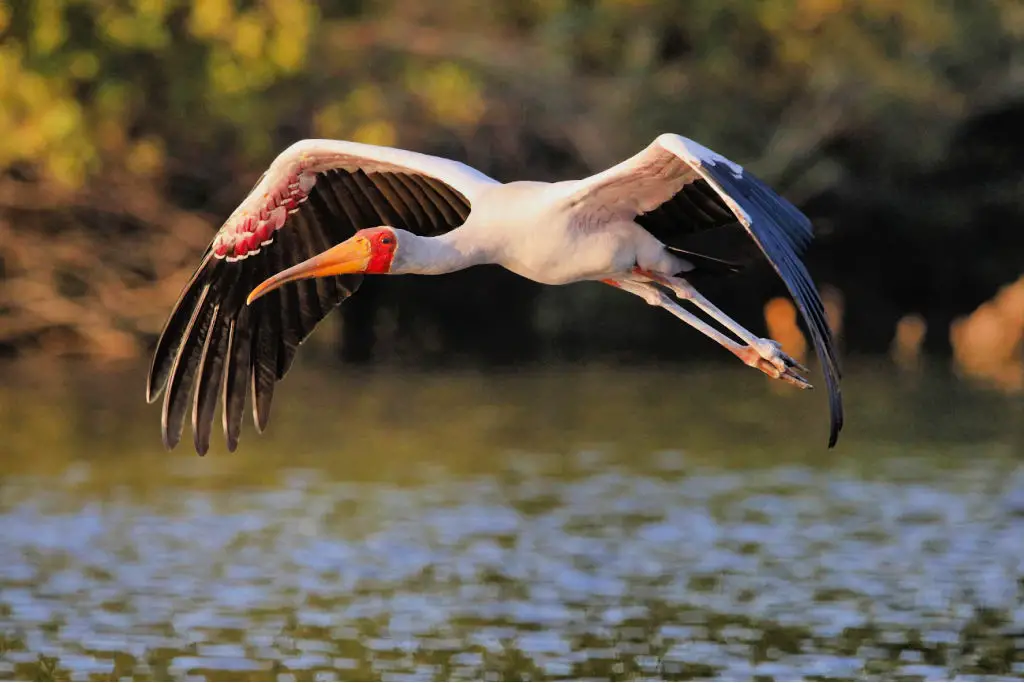
Grab your binoculars, adventurers, BYO unique safari hat (not the dorky ones, the cool ones), and let’s chase Africa’s strangest stars!
Why Going On an Offbeat, Unique Safari Is Your Next Obsession
Forget overpriced Big Five tours in Kruger or Masai Mara. Going on an offbeat and unique safari is the indie film of travel: gritty, authentic, and just a bit more friendly to your bank account.
Less-visited parks like Kafue National Park (Zambia) and Ruaha National Park (Tanzania) offer epic wildlife (wild dogs! pangolins!) at a fraction of mainstream costs, with local operators serving up authentic experiences that’ll make your friends’ Serengeti shots look like tourist traps.
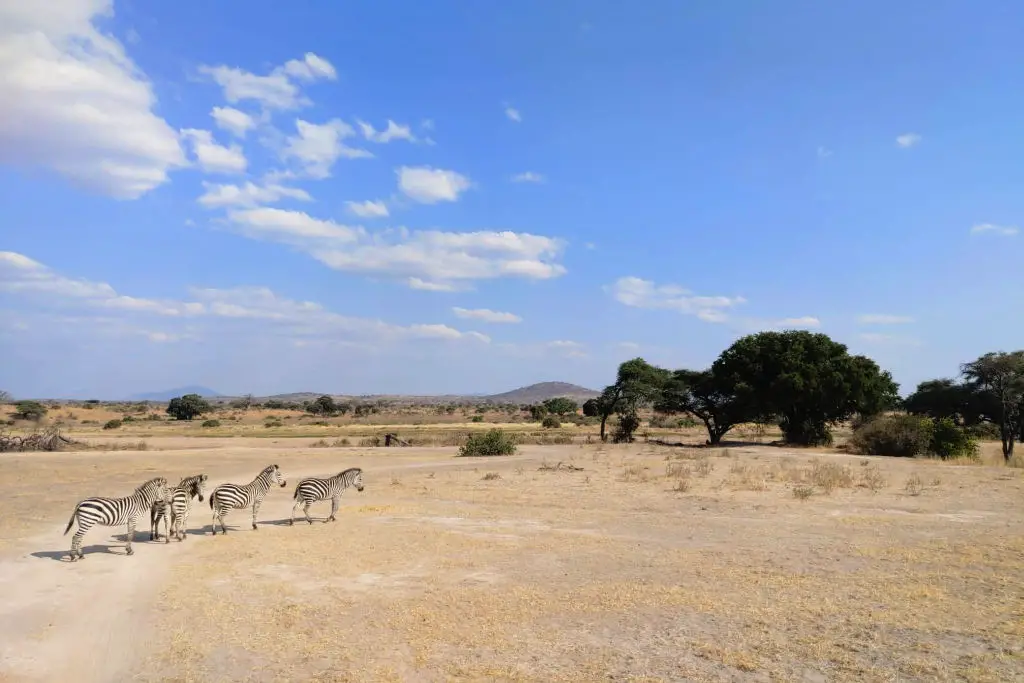
Unique Safari & The Animals You Didn’t Know You Could See
Forget the usual safari stars, these off-the-radar creatures bring the real wild vibes. Ready to meet seven animals that’ll make your trip unforgettable?
- Pangolins (Ruaha): Shy armored night wanderers, spot one curled into a ball and consider it a win.
- Wild Dogs (Kafue, Ruaha): Pack hunters delivering heart-pounding chases from March to October.
- African Civet (Ruaha): Mask-faced nocturnal prowlers, catch one on a night drive for a rare thrill.
- Honey Badger (Ruaha, Kafue): Feisty, fearless, and surprisingly common once you know where to look.
- Gerenuk (Samburu National Reserve and Ruaha): The “giraffe-necked” antelope that stands on its hind legs to snack on treetops.
- Bat-Eared Fox (Kafue and Etosha National Park in Namibia): Big-eared termite hunters and the cutest surprise on the trail.
- Sable Antelope (South Luangwa National Park in Zambia): Dark-horned and majestic, these beauties shine in the late dry season.
Plan Your Safari With Ease
We rely on Go2Africa for planning, logistics, and last-minute adjustments. Local support ensures smooth trips without extra cost, making your safari stress-free and unforgettable. Let Go2Africa help you find your perfect safari. Take their quiz below to discover which destinations fit your interests, travel style, and budget. 😉
Species-Specific Intel
Wild dogs are most active March-October, pangolins are year-round shy guys but easier to spot in dry season (May to October), and migratory birds peak November-April.
The green season (November–March) brings lush vibes, fewer crowds, and migratory birds that’ll make your inner nerd squeal. Plus, you’re directly supporting local communities and conservation efforts, guilt-free adventure at its finest.
1. Kafue National Park, Zambia
Vibe: Wild dogs and wetlands with Walking Dead-level wilderness vibes.
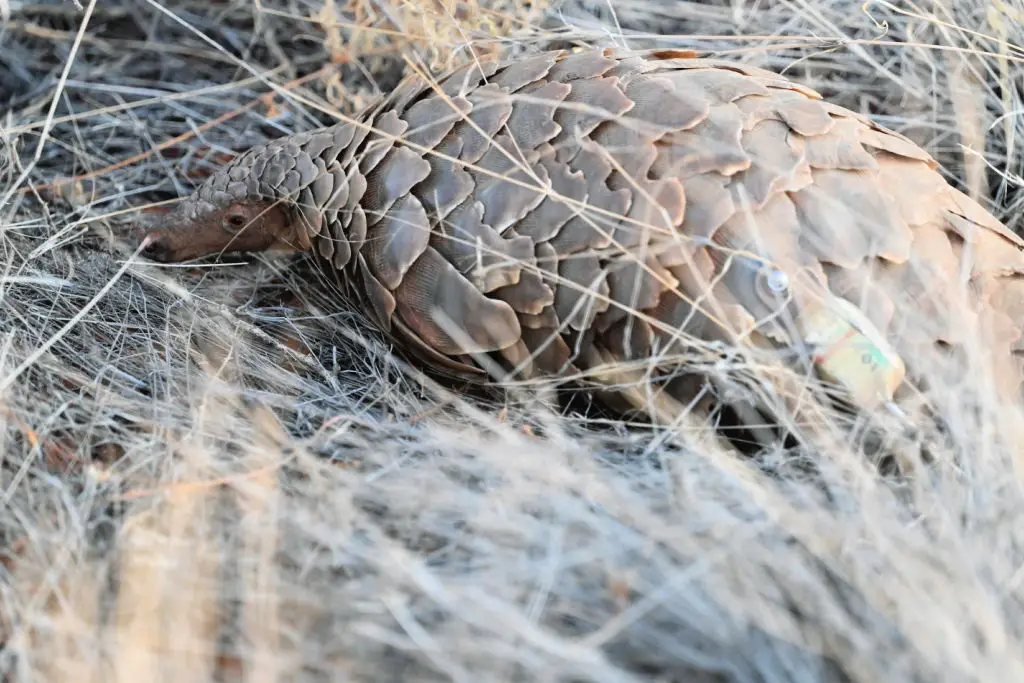
Meet nature’s tiny tank: the pangolin. Shy, scaly, and basically the porcupine’s cooler cousin, it curls up tighter than your budget on a safari.Kafue, Zambia’s biggest park, is a 2.2-million-hectare beast where African wild dogs hunt like furry assassins and pangolins waddle like tiny tanks with commitment issues. The Busanga Plains’ flooded grasslands scream “epic” with herds of puku and lechwe antelope, plus 500+ bird species like Ross’s Turaco for you binocular nerds. Also, many lodges include walking safaris, yep, you’re strolling with lions nearby because apparently that’s a thing people pay to do.
Insider Tip: Dawn walks near Busanga often line up with the best wild dog encounters, they hunt when the light is soft, the same time photographers get their magic shots.
Why It’s Offbeat and Savvy: Remote trails and local guides keep it authentic, no tourist traps, just actual traps set by nature.
Stay: Musekese Camp keeps things low-key but authentic, with canvas tents, killer views of the Kafue River, and a front-row seat to wildlife that wanders by like it owns the place.
Getting There: Around a 4–5 hour drive from Lusaka (depending on how your relationship with potholes is going), or a small charter hop to the nearby airstrip if you’d rather save your spine for game drives.
2. Ruaha National Park, Tanzania
Vibe: Baobab-dotted savannah with Predator-level predator action.
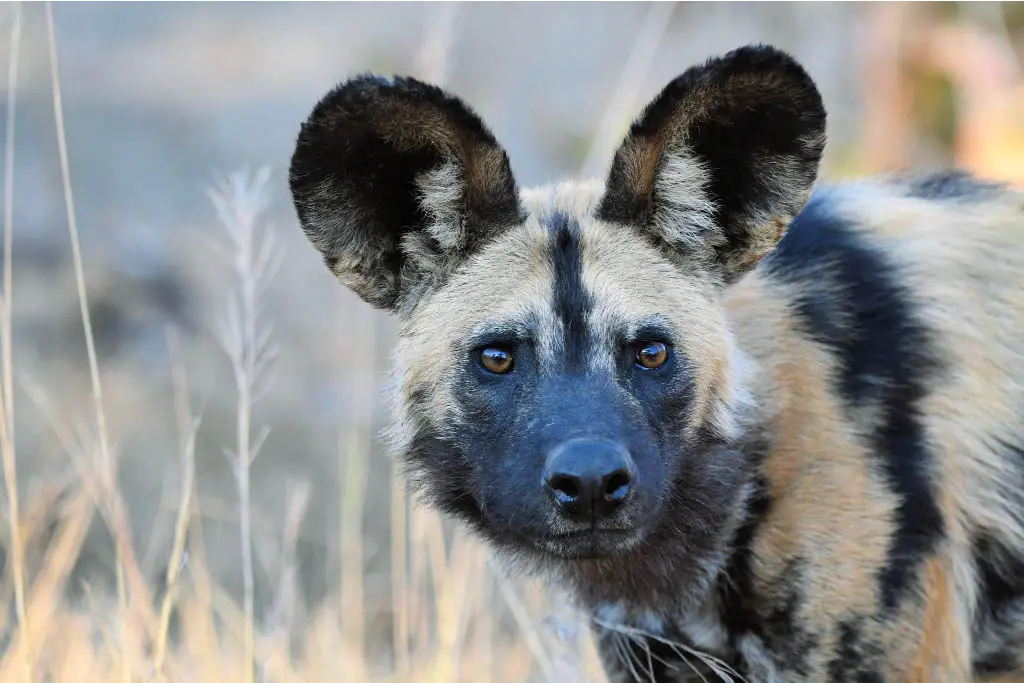
Ruaha, Tanzania’s best-kept secret (until now, sorry Ruaha), is a 2-million-hectare hotspot where African wild dogs chase prey like a Fast and Furious chase scene and pangolins shuffle through the brush like armored introverts. With 570+ bird species, including migratory Tanzanian red-billed hornbills (November–April), it’s a birder’s paradise for people who get genuinely excited about beaks.
Fly into Ruaha’s Msembe Airstrip and roll into Kigelia Camp, if you’re looking to splurge a bit, a six-tent retreat tucked under sausage trees that occasionally explode with scarlet blooms. This little-visited park is where East meets Southern Africa, meaning your game drives could flip from packs of wild dogs to towering baobabs to a shy pangolin cameo, all without the safari-crowd traffic jams.
Conservation Connection: Your visit directly supports anti-poaching efforts. Rangers report wild dog populations recovering thanks to tourism revenue funding patrol vehicles. Your vacation literally saves lives, no pressure.
Why It’s Offbeat and Savvy: Secluded trails and community partnerships make it affordable for wild dog and bird obsessives who know what they’re about.
Stay: Check out Kokoko Camp, where cozy tented suites hide under sausage and baobab trees, and your morning game drives might surprise you with wild dogs, pangolins, or birds that make your Instagram look like a National Geographic spread (without the throngs of tourists).
Getting There: Fly to Iringa, then a scenic 2-hour road transfer to Kokoko Camp, or charter directly to Msembe Airstrip for quicker access to this off-the-beaten-path wilderness.
3. South Luangwa National Park, Zambia
Vibe: Leopard-filled riverside with Jurassic Park rawness minus the dinosaurs (probably).
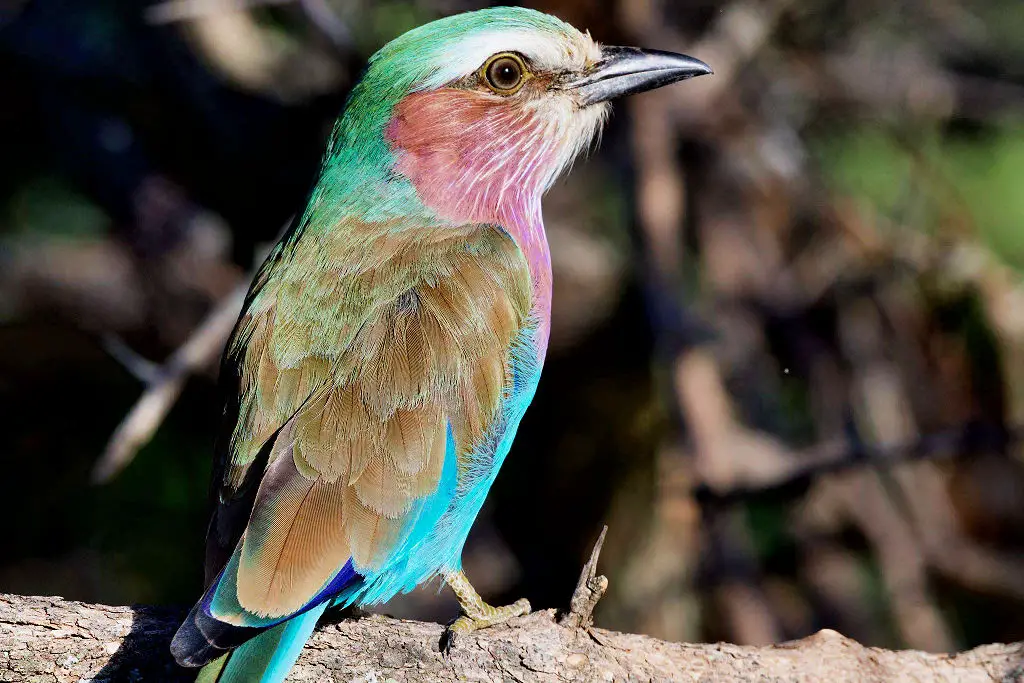
South Luangwa, the birthplace of walking safaris, lets you dodge elephants and track wild dogs on foot like a Nat Geo explorer with questionable life choices. The Luangwa River draws pangolins and 400+ bird species, including migratory storks (November–March), who clearly have excellent travel agents.
Cultural Immersion: Local Kunda guides share traditional tracking methods passed down through generations. Some lodges offer village visits where tourism income supports schools and clinics, feel-good tourism that actually makes you feel good.
Why It’s Offbeat and Savvy: Walkable paths and community operators keep it real and wallet-friendly for people who prefer their adventure with actual steps involved.
Stay: Wake up to riverside views and campfire vibes, with leopards occasionally strolling by, all part of the experience at Mfuwe Lodge, where budget digs meet unforgettable wildlife moments.
Getting There: Fly into Mfuwe Airport (seasonal direct flights from Lusaka) or embrace your inner road warrior with a scenic drive via Chipata, African potholes included at no extra charge.
4. Hwange National Park, Zimbabwe
Vibe: Elephant-packed plains with Mad Max desolation but friendlier locals.
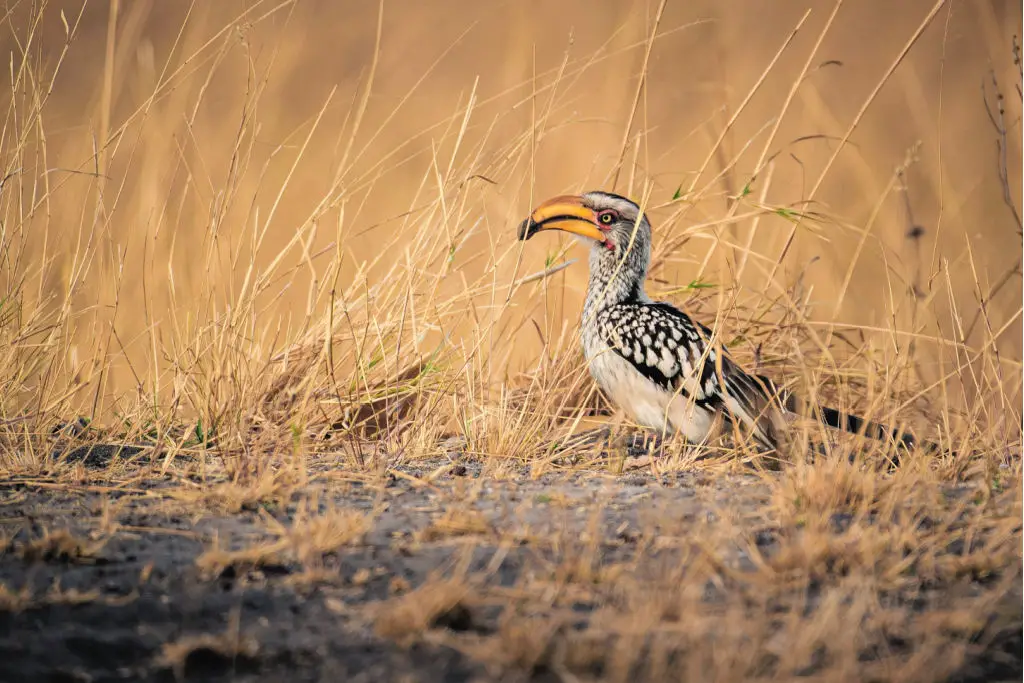
Hwange, Zimbabwe’s largest park, is an elephant wonderland with wild dogs sprinting like post-apocalyptic bandits who’ve had too much coffee. It’s 300+ bird species, including migratory flamingos (November–March), making it a birder’s dream and a regular person’s “wow, that’s a lot of pink birds” experience.
Solo Female Traveler Note: Hwange is considered one of Africa’s safest parks for solo travelers, with good infrastructure and reliable mobile coverage near main camps, perfect for solo adventures and Instagram updates.
Why It’s Offbeat and Savvy: Self-drive options and local operators deliver big wildlife for smaller budgets and bigger bragging rights.
Stay: Enjoy riverside tents with wildlife wandering right outside your doorstep, from curious elephants to cheeky monkeys, all part of the adventure at The Hide Lodge.
Getting There: A scenic 2-hour drive from Victoria Falls brings you straight into the heart of Hwange’s wildness, or fly into the nearby airstrip if you prefer to save time for animal spotting.
5. Mabamba Swamp, Uganda
Vibe: Shoebill central with Stranger Things swamp energy but better wildlife.
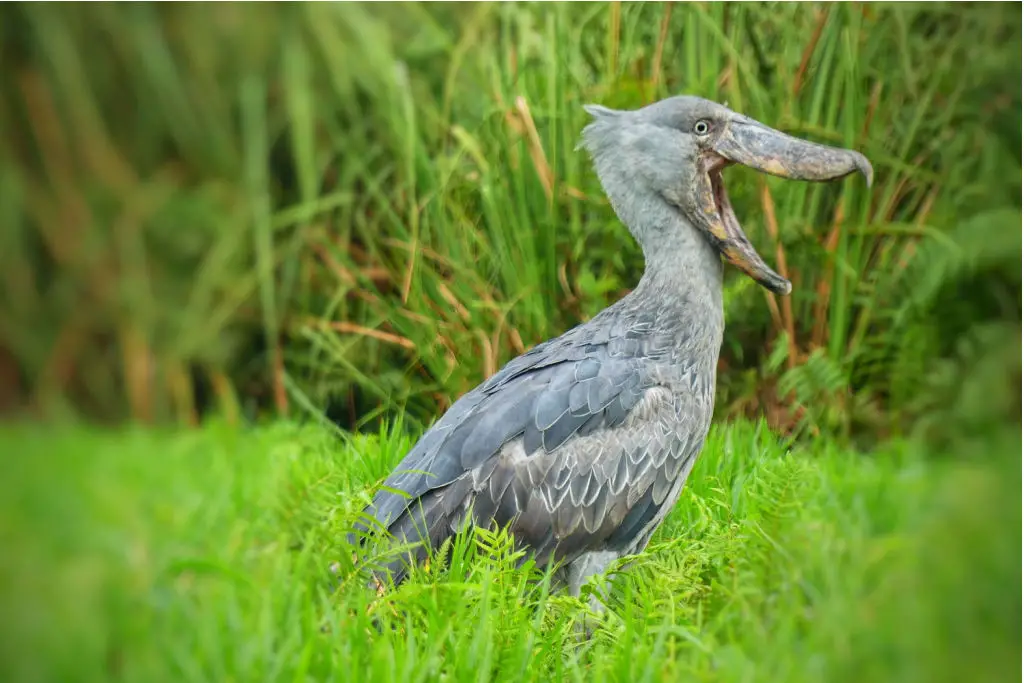
Mabamba Swamp near Lake Victoria is a birder’s paradise, home to the prehistoric shoebill and 300+ migratory birds (November–April) who probably think your iPhone camera clicking is some sort of mating call. Way cheaper than Uganda’s gorilla trekking, it’s perfect for wildlife lovers who prefer giant birds over primates.
Community Impact: Tourism here directly supports former fishing communities adapting to changing lake conditions. Your guide fee helps fund alternative livelihoods; it’s like crowdfunding but with more bird poop.
Why It’s Offbeat and Savvy: Boat-based birding costs less than primate treks, with local guides keeping costs minimal and stories maximal.
Stay: Located in the lush green hills of Entebbe, Karibu Entebbe, which means ‘welcome’ in Swahili, is a boutique retreat perfect for wildlife lovers and birders alike. Rooms overlook bird-filled gardens or offer stunning sunset views over Lake Victoria, where over 30 species, including Ross’s turaco and black-and-white-casqued hornbills, can be spotted right from your window.
Getting There: Just a 10-minute drive from Entebbe Airport, it’s an easy base before or after exploring Mabamba Swamp or embarking on a gorilla trekking adventure elsewhere in Uganda.
6. Queen Elizabeth National Park, Uganda
Vibe: Savanna-meets-wetlands with Lion King drama minus the musical numbers.
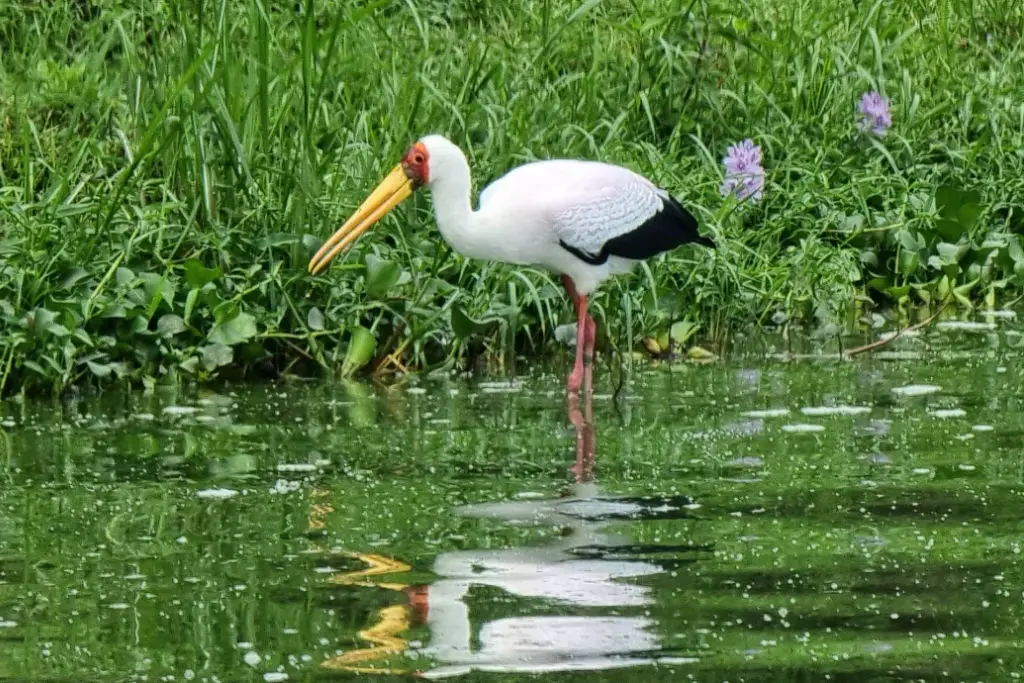
Queen Elizabeth National Park mixes savannah and wetlands like a nature cocktail, with 600+ bird species like the Rwenzori Turaco and migratory storks (November–March) who clearly have excellent timing. Spot pangolins near the Kazinga Channel on budget boat tours that are cheaper than therapy and probably more effective.
Health & Safety: Malaria precautions essential. Park has good medical facilities and mobile coverage for hypochondriacs and helicopter parents.
Why It’s Offbeat and Savvy: Boat safaris cost less than traditional game drives, with community operators offering authentic experiences and zero tourist-trap energy.
Stay: Located in the heart of the savannah, Queen Elizabeth Bush Lodge lets you wake up to the sounds of hippos snuffling nearby and birdlife performing a full symphony of morning sounds. Rooms are cozy, views are epic, and the whole vibe screams “Africa, but make it chill.”
Getting There: Fly into Kasese Airstrip for a quick transfer, or enjoy a scenic 5-hour drive from Kampala if you’re in the mood for road-trip vibes and roadside adventures.
7. Gorongosa National Park, Mozambique
Vibe: Reborn wilderness with phoenix-like comeback energy that’ll make you believe in second chances.
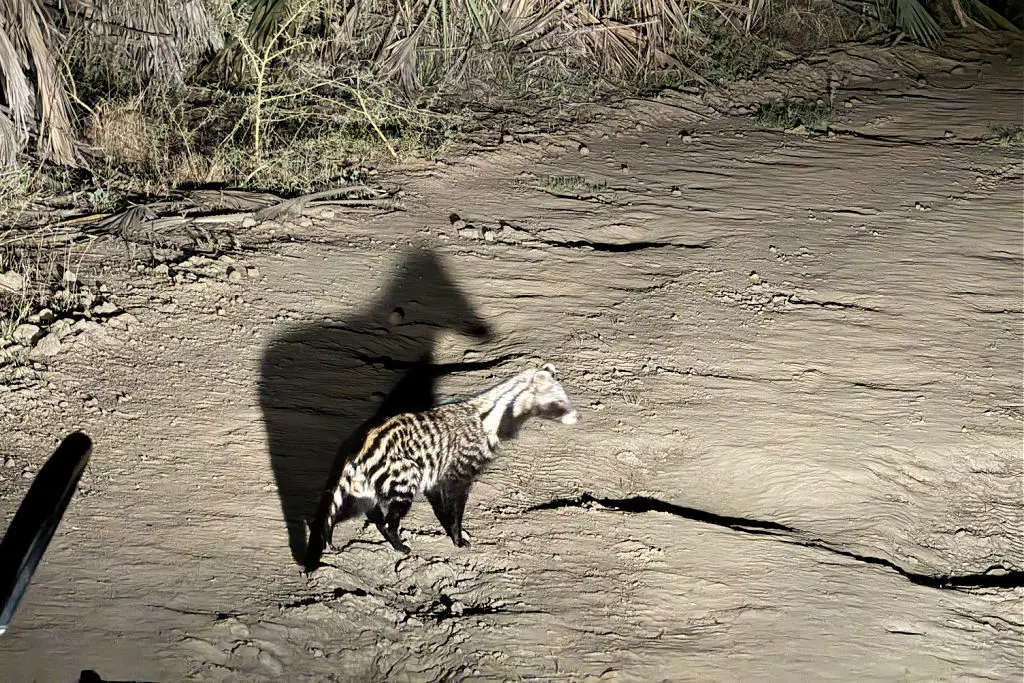
Gorongosa, Mozambique’s restoration success story, boasts seasonal wetlands teeming with migratory birds like Grey Crowned Cranes and elusive pangolins who are apparently really committed to the whole “elusive” thing.
Conservation Story: This park’s phoenix-like recovery from civil war makes every visit meaningful. Wildlife numbers have increased 10-fold since restoration began. Your tourist dollars literally bring animals back from the brink.
Why It’s Offbeat and Savvy: Emerging destination status means lower costs and authentic vibes with passionate local guides who actually care about conservation.
Stay: Sleep under a blanket of stars at Mount Gorongosa Community-run camp, where the soundtrack is lions calling in the distance and the occasional nocturnal critter joining in. Cozy tents, eco-conscious vibes, and a real sense of place make it feel like you’re part of the wilderness.
Getting There: Fly into Beira, then a scenic 2-hour drive through recovering landscapes, or hop on a domestic flight to Gorongosa airstrip if you want to save time for wildlife spotting.
🦩 Mount Gorongosa Community Camp ➡️ Check Availability
Seasonal Wildlife Calendar: When to Chase What
- November-December: Green season starts, migratory birds arrive, and accommodation rates drop like temperatures don’t.
- January-March: Peak green season, lush landscapes, fewer crowds, best birding (and Instagram backdrops).
- April-May: Transitional period, some roads challenging but great value for mud-wrestling enthusiasts.
- June-August: Dry season begins, easier wildlife spotting, higher prices, but worth the visibility.
- September-October: Peak dry season, concentrated wildlife, premium pricing for front-row animal theater.
Budget Unique Safari Survival Guide for Penny-Pinching Adventurers
Scoring a unique safari without blowing your budget is all about smart moves and insider hacks. From timing your trip right to spending your money where it matters most, these tips will keep your wallet happy while making sure you don’t miss a thing.
Booking Hacks That Actually Work:
- Green season (November–March) brings significantly lower rates and fewer crowds; it’s like Black Friday for nature lovers.
- Group bookings slash individual costs, find travel buddies online, or convince your friends to join your weird animal. obsession
- Local operators like Go2Africa often cost 50-70% less than international companies and know where the good stuff is.
- Community-run accommodations offer authentic experiences at budget prices plus stories you can’t Google.
Packing Essentials for Budget Safaris:
- Travel-size Binoculars: makes wildlife viewing a game-changer and are a must-have, also useful for judging other tourists.
- Headlamp With Red Filter: night drive essential, vampire-friendly.
- Malaria Prevention Supplies: mosquitoes don’t respect your travel budget.
- Universal Power Adapter: for charging all your wildlife photos nobody asked for.
- Offline Maps and Bird Identification Apps: because WiFi is a myth in the wild.
- Reusable Water Bottle With Filter: saves money and the planet.
Food & Drink Strategy:
- Adding local market experiences to your itinerary can offer cheap, fresh snacks and cultural experiences.
- Many budget lodges include meals, but verify what’s covered before you arrive hungry.
- Bring plenty of snack bars for long game drives (hangry tourists scare wildlife).
What Can Go Hilariously Wrong (And How to Roll With It)
Even the best unique safari plans can hit a few bumps, such as weather delays, wildlife no-shows, or unexpected vehicle breakdowns. Knowing how to roll with these curveballs is part of the adventure and makes the stories you bring home way better.
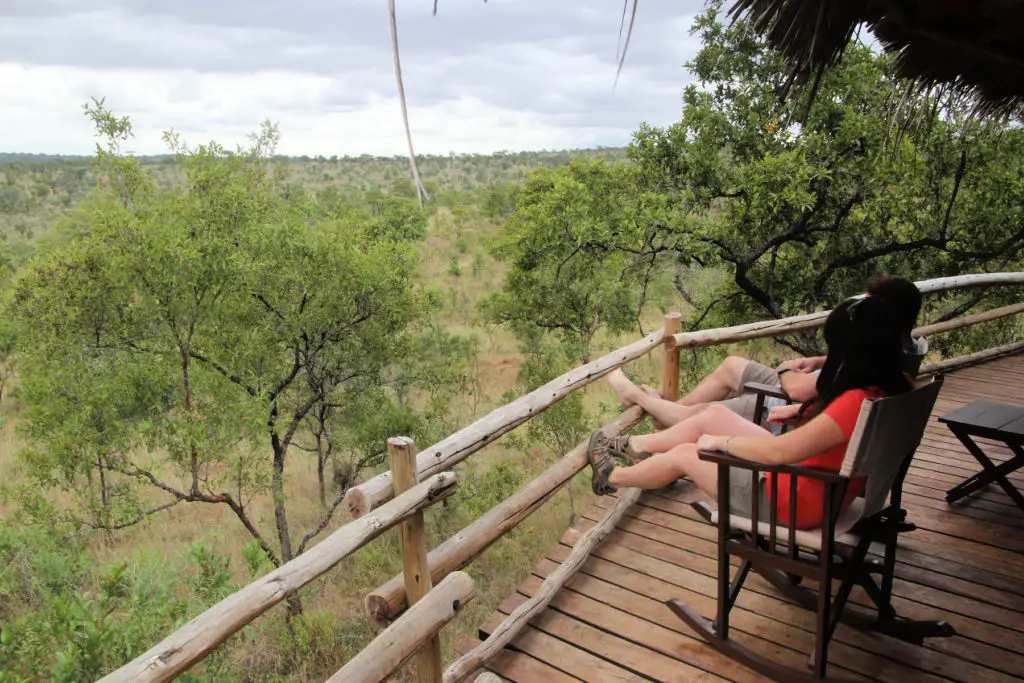
The difference comes when you’ve booked through a trusted tour operator like Go2Africa, you’ll have local experts on the ground and someone always there to advocate on your behalf, making sure any hiccups get resolved quickly and your trip stays on track.
- Weather delays: Build buffer days into itineraries because African weather doesn’t check your schedule, and if plans shift, your operator will help adjust smoothly.
- Vehicle breakdowns: Ensure operators have backup transport (or enjoy unplanned walking safaris); with boots on the ground, replacements are arranged quickly.
- Wildlife no-shows: Lower expectations, appreciate smaller species, that dung beetle is doing its best (your guide will maximize your chances by knowing where to look).
- Accommodation mix-ups: Always confirm bookings in advance; if there’s a hiccup, your operator steps in to get things back on schedule without you lifting a finger.
Vaccination & Health Info for Southern & East Africa:
- Health issues: Affordable travel insurance with medical evacuation coverage is non-negotiable unless you enjoy medical tourism
- Vaccinations: Yellow fever vaccination is only required if you’re entering from a country with a risk of yellow fever transmission. However, Uganda requires it for all visitors; countries like Zambia, Zimbabwe, and Mozambique only request proof if arriving from risk areas.
- Malaria: Malaria precautions are essential in safari regions (Zambia, Zimbabwe, Mozambique, Tanzania, Uganda). However, we can say both of our trips took place during the dry season, and we had no problems with mosquitoes whatsoever.
- Travel Insurance: Medical facilities & mobile coverage vary widely: some parks have basic medical posts; mobile signal is patchy in remote areas, so don’t count on WiFi for emergencies. Travel insurance with medical evacuation is worth every penny.
Money-Saving Insider Secrets Your Travel Agent Won’t Tell You
Planning a unique safari doesn’t have to feel like an overwhelming burden or unachievable goal. With a little local know-how, you can experience incredible wildlife and culture without the luxury price tag. Here are some insider tips to keep your adventure authentic and affordable.
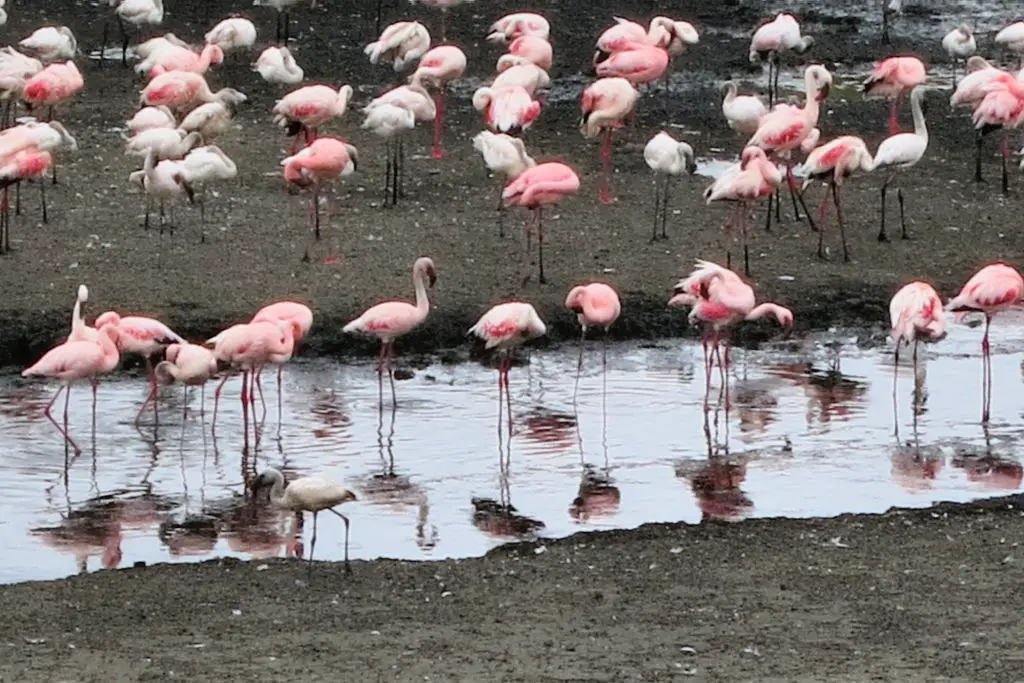
Heads up: these tips are for travelers who don’t mind swapping a little comfort (or a bit of their schedule) to keep more cash in their pocket, because epic adventures shouldn’t require saving for years.
Free Wildlife Viewing:
- Hwange’s public waterholes offer zero-cost wildlife watching with front-row seats
- Gorongosa’s entrance areas have excellent birding without park fees
- Many parks allow camping with your own gear for minimal fees and maximum bragging rights
Transportation Tricks:
- Shared taxis between parks (requires flexibility and patience)
- Local bus networks (slow but authentic and cheap AF)
- Hitchhiking with other tourists (common and generally safe, plus you’ll make friends)
Accommodation Alternatives:
- Community homestays (where available and culturally appropriate)
- Camping with basic facilities (for people who like their luxury optional)
- Volunteer opportunities offering free accommodation (work for your wildlife fix)
Getting There: Your Logistics Survival Guide
Flying Smart: Most destinations connect through regional hubs where the WiFi’s sketchy, but the adventure’s legit:
Planning a unique safari doesn’t have to feel like a Herculean task or an “impossible bucket list” item. With a little local know-how, you can get up close with incredible wildlife, soak in culture, and still leave some cash in your wallet for souvenirs (or extra ice cream).
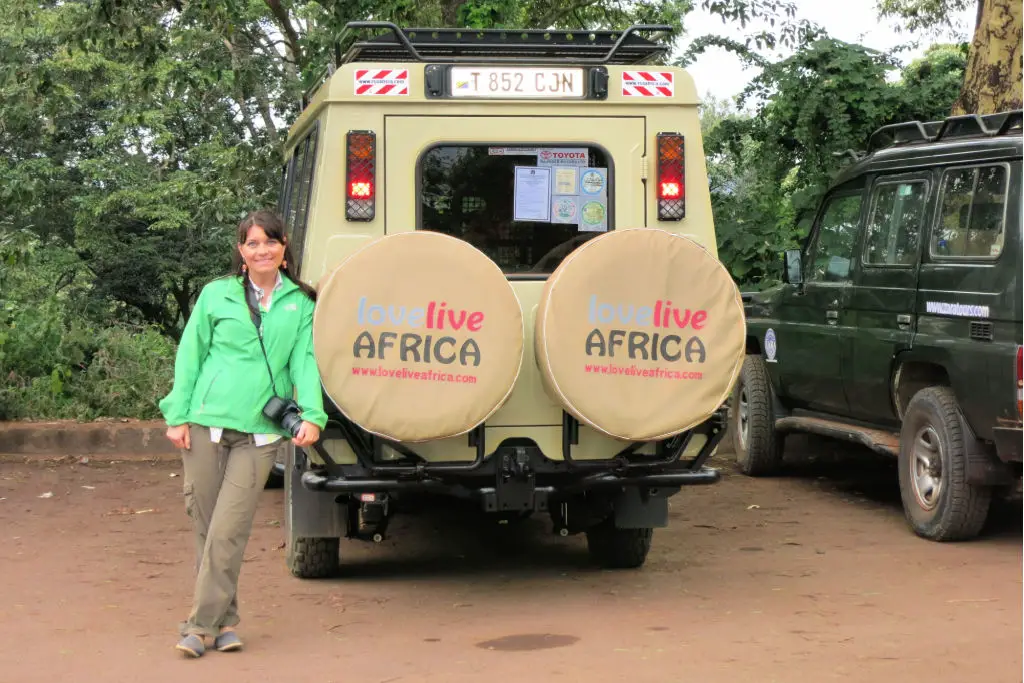
A trusted travel agent with Go2Africa will handle all the nitty-gritty of booking flights within Africa, so you can focus on packing your sense of adventure. You’ll just be responsible for your international flight from the USA (or wherever home base is).
💰 Budget Tip: Hunt down the best flight deals on Skyscanner, your wallet will thank you.
- Lusaka, Zambia (for Kafue/South Luangwa): Ethiopian Airlines, Kenya Airways
- Dar es Salaam, Tanzania (for Ruaha): Turkish Airlines, Qatar Airways
- Entebbe, Uganda (for birding spots): Brussels Airlines, Emirates
- Harare, Zimbabwe (for Hwange): South African Airways, Ethiopian
Ground Transport Hacks:
- Many lodges offer airport transfers, negotiate group rates like you’re buying wholesale elephant ears.
- Self-drive rental cars work for Hwange and Queen Elizabeth (4WD recommended unless you enjoy pushing cars through mud).
- Local operators often include transport in packages. Ask what “transport included” actually means.
- While I’m not big on public transport here, things can get a bit wild; there are taxi apps in some spots. They’re worth checking out for a safer, smoother ride when you’re not up for flagging down a random cab.
Border Crossings: Most require standard tourist visas. Zimbabwe and Zambia offer a joint “Kaza Visa” for multi-park adventures, like a safari season pass for overachievers.
Chase the Weird While Keeping Your Wallet Happy
From Kafue’s wild dog chases to Mabamba’s shoebill stares, these seven budget wildlife safaris prove you can hunt Africa’s strangest creatures without your savings account filing a restraining order. The magic happens when you embrace local communities, flexible timing, and authentic experiences over luxury amenities that your Instagram followers won’t even notice.
These destinations offer something precious in our curated-content world: genuine unpredictability. On a unique safari like this, you might wait hours for a pangolin glimpse, but when it happens, you’ll have a story nobody else has, and probably never will, because pangolins are commitment-phobic like that.
We Need Your Help
Did you find this article helpful? Bookmark it and click the links below when planning your next vacation. You’ll get the best price, we’ll earn a small commission, and you’ll help support future articles.

